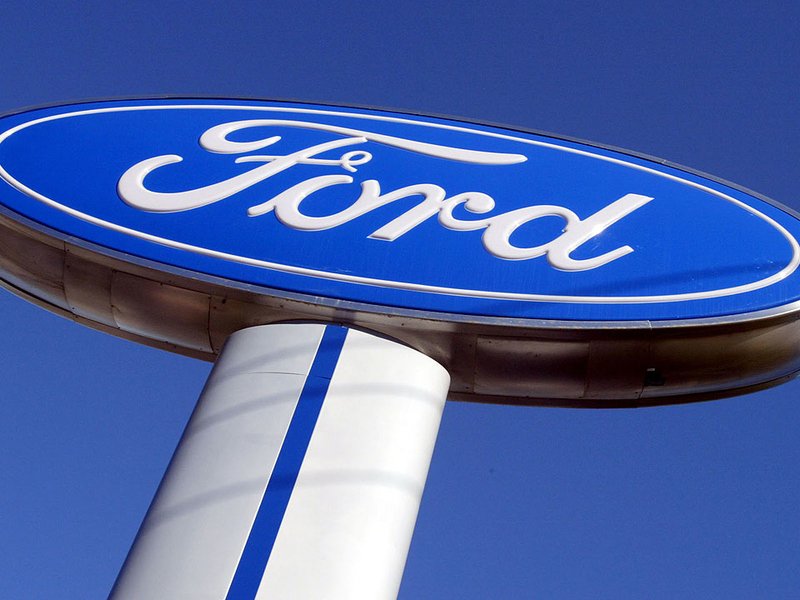
WASHINGTON — Ford Motor Co. said Thursday it will recall 3 million vehicles for Takata airbag inflators that could rupture at a cost of $610 million.
NHTSA on Tuesday ordered Ford to issue the recall for driver-side airbag inflators, rejecting the automaker’s 2017 petition to avoid it.
The defect, which in rare instances leads to airbag inflators rupturing and sending potentially deadly metal fragments flying, prompted the largest automotive recall in U.S. history of more than 67 million inflators. Worldwide, about 100 million inflators installed by 19 major automakers have been recalled.
The recall includes 2.7 million U.S. vehicles and about 300,000 in Canada and other locations. Ford will include the cost in fourth-quarter results, it said in a regulatory filing.
The vehicles were previously recalled for passenger-side inflators. “We believe our extensive data demonstrated that a safety recall was not warranted for the driver-side airbag. However, we respect NHTSA’s decision and will issue a recall,” Ford said.
NHTSA also required Mazda Motor Corp. to recall 5,800 airbag inflators in 2007–2009 B-Series vehicles.
Takata inflators have resulted in at least 400 injuries and 27 deaths worldwide — including 18 U.S. fatalities with two in previously recalled 2006 Ford Ranger trucks.
The Ford vehicles being recalled include various 2006-2012 model-year Ranger, Fusion, Edge, Lincoln Zephyr/MKZ, Mercury Milan and Lincoln MKX vehicles.
In November, NHTSA rejected a petition filed by General Motors to avoid recalling 5.9 million U.S. vehicles with Takata airbags. GM said the callback covered 7 million vehicles worldwide and would cost $1.2 billion.
Ford separately disclosed Thursday it expects to record a pretax remeasurement loss of $1.5 billion in the fourth quarter related to pension and other post-employment benefits plans, driven by lower discount rates.
Ford said the remeasurement loss is expected to reduce net income by about $1.2 billion, but did not change expectations for 2021 pension contributions.
Ford shares fell nearly 1 percent to $11.42 in after-hours trading on Wall Street.